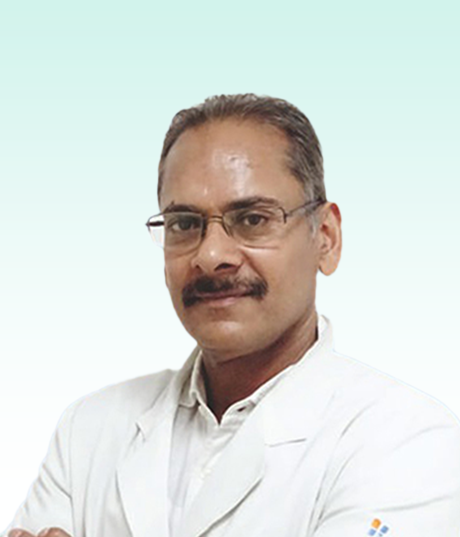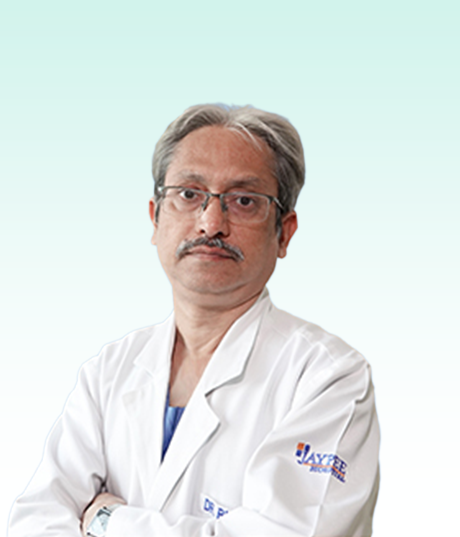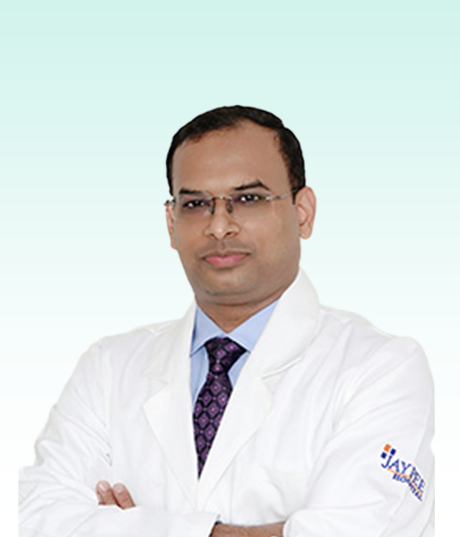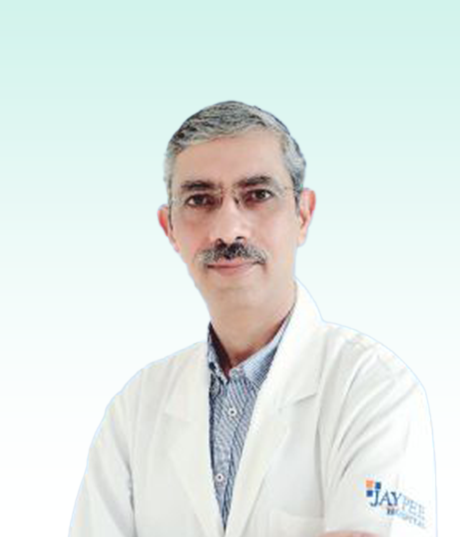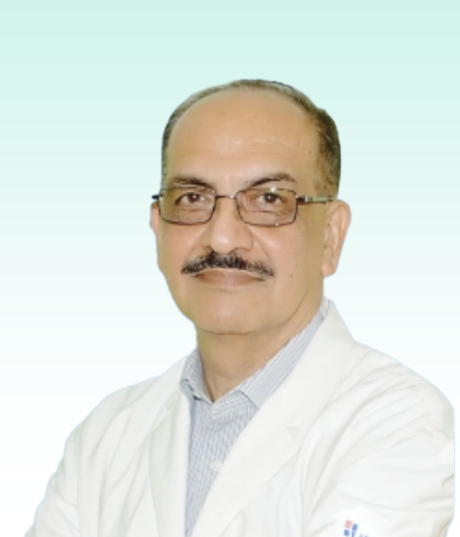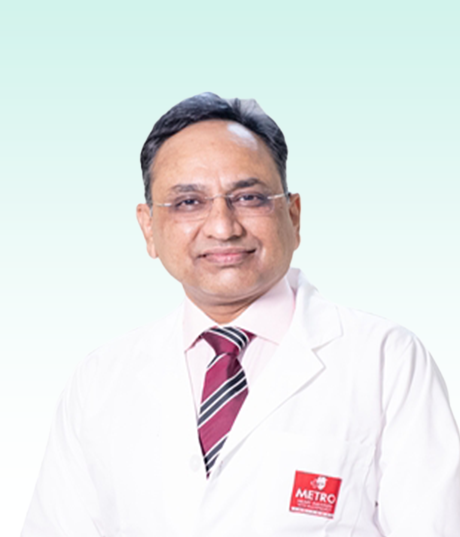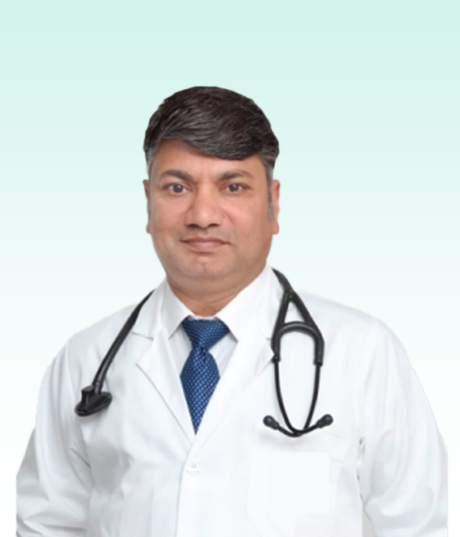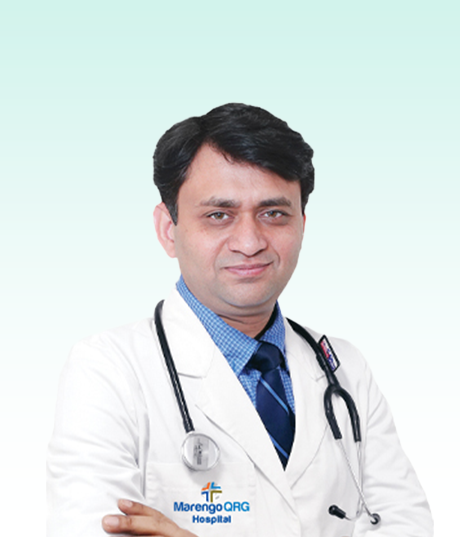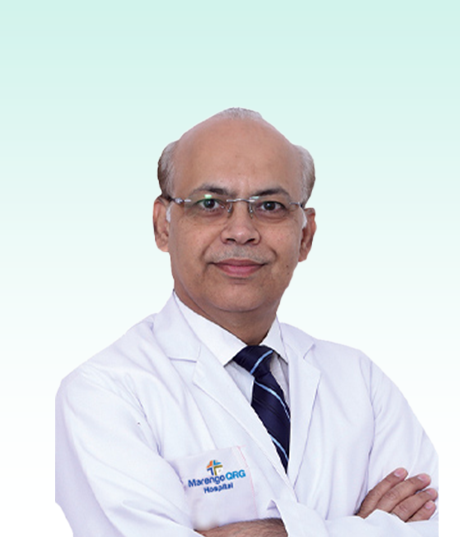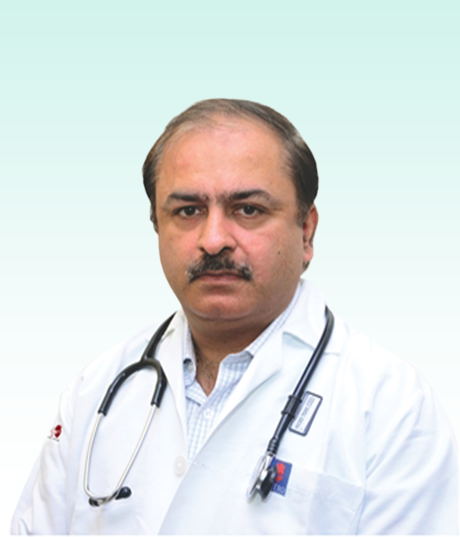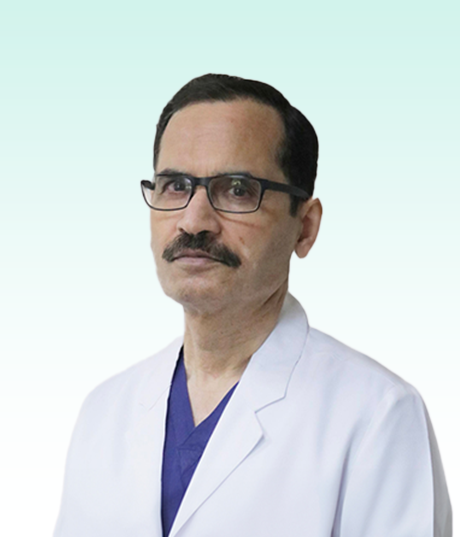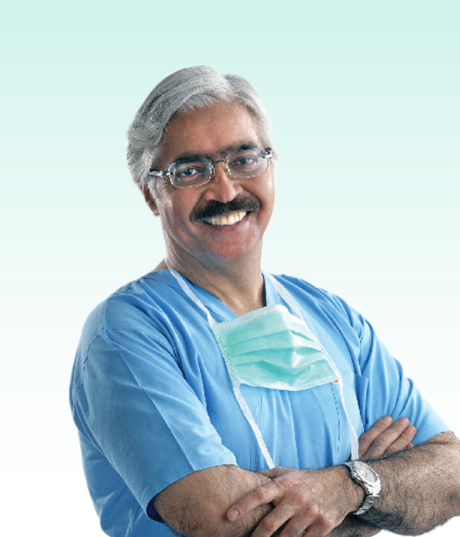Left Ventricular Assist Device (LVAD)
A Left Ventricular Assist Device (LVAD) is a mechanical pump that is surgically implanted in the chest to help a weakened or failing heart pump blood to the rest of the body. It is designed to provide support for individuals with severe heart failure who are awaiting a heart transplant or as a long-term treatment option for those who are not eligible for transplantation.

Who Needs Left Ventricular Assist Device (LVAD):
LVADs are recommended for individuals with end-stage heart failure who have exhausted other treatment options and have a poor prognosis without additional support. Candidates for LVADs are carefully evaluated by a multidisciplinary team of cardiologists, surgeons, and other specialists to determine their eligibility and suitability for the device.
When to See a Specialist
It is important to see a specialist in advanced heart failure and cardiac surgery if you have been diagnosed with severe heart failure and have symptoms such as shortness of breath, fatigue, fluid retention, or reduced ability to perform daily activities. Your healthcare provider can evaluate your condition, discuss treatment options, and determine if an LVAD is appropriate for you.
Procedure
The implantation of an LVAD involves a surgical procedure that typically lasts several hours. The steps include:
- Anesthesia: You will be given general anesthesia to ensure you are unconscious and pain-free during the procedure.
- Incision: A surgical incision is made in the chest to access the heart and blood vessels.
- Connection: The LVAD is connected to the left ventricle (the main pumping chamber of the heart) and the aorta (the main artery carrying oxygenated blood to the body).
- Power Source and Control Unit: The LVAD is connected to a power source and control unit, which can be worn outside the body or implanted.
- Closure: The incisions are closed using sutures or staples, and the wounds are dressed.
Road to Recovery
After the LVAD implantation, you will stay in the hospital for several weeks to recover and closely monitor your progress. During this time, healthcare professionals will educate you and your caregivers on device management, medication schedules, lifestyle modifications, and potential complications to be aware of. Cardiac rehabilitation may be recommended to help you regain strength and improve your overall health.
Risk Management
While LVADs can significantly improve heart function and quality of life, they are not without risks. Possible complications include bleeding, infection, blood clots, device malfunction, stroke, and adverse reactions to medications. Regular follow-up appointments and adherence to medical recommendations are essential for managing and mitigating these risks.
Benefits of Left Ventricular Assist Device (LVAD)
LVADs can provide a lifeline for individuals with severe heart failure. They can help improve heart function, relieve symptoms of heart failure, enhance quality of life, and increase survival rates. LVADs also offer the opportunity for patients to be discharged from the hospital and resume their daily activities while awaiting a heart transplant or as a long-term treatment option.
Frequently Asked Questions
1. Will I be able to live a normal life with an LVAD?
While an LVAD can significantly improve quality of life, it does require ongoing management and lifestyle adjustments. With proper care and follow-up, many individuals can resume regular activities and enjoy an improved quality of life. However, certain activities such as swimming or contact sports may need to be avoided or modified.
2. Can I travel with an LVAD?
Traveling with an LVAD requires planning and coordination. It is essential to inform your healthcare team about your travel plans in advance, as they can provide guidance, arrange necessary supplies, and connect you with support networks at your destination. You may need to carry extra batteries, backup equipment, and necessary medications during your travels.
3. Can I exercise with an LVAD?
Regular exercise is an important part of maintaining overall health and well-being, even with an LVAD. Your healthcare team will provide guidance on appropriate exercise routines and activities based on your individual condition and the type of LVAD you have. It is important to follow their recommendations and listen to your body during exercise.
4. How long can I expect to have an LVAD?
The duration of LVAD support varies from person to person. For some individuals, an LVAD may serve as a bridge to heart transplantation, while for others, it may be a long-term therapy. The decision on the duration of LVAD support is based on factors such as the underlying heart condition, overall health, and response to treatment.
5. What are the potential complications of an LVAD?
While LVADs can be life-saving, they are not without risks. Potential complications include bleeding, infection, blood clots, device malfunction, stroke, and adverse reactions to medications. It is important to closely follow your healthcare team’s instructions, regularly monitor your device, and promptly report any changes or concerns.
6. Can an LVAD be removed?
In some cases, an LVAD can be removed if the heart recovers its function or if the patient receives a heart transplant. The decision to remove the LVAD is made by the healthcare team based on individual circumstances and response to treatment.
Treatment Plans
- Trauma & intensive care $59
- Aged Care $29
- Community Services $25
- Diagnosis & Investigation $48
- Medical & Surgical $82
- Mental Health $74
- Rehabitation $24
- Specialised Support Service $19
- Trauma & intensive care $59
- Aged Care $29
- Community Services $25
- Diagnosis & Investigation $48
- Medical & Surgical $82
- Mental Health $74
- Rehabitation $24
- Specialised Support Service $19
Treatians As The Best Choice
Treatians understand that seeking medical treatment abroad can be a daunting experience for patients and their families. That’s why the company offers end-to-end support to its clients, from the initial consultation to post-treatment care. The company provides personalized treatment plans that are tailored to meet the individual needs of each patient, and its team of dedicated professionals is always on hand to provide guidance and support throughout the entire process. Contact us at +91-7982312582, drop your email [email protected]
- Trauma & intensive care
- Aged Care
- Community Services
- Diagnosis & Investigation
- Medical & Surgical
- Mental Health
- Rehabitation
- Specialised Support Service











